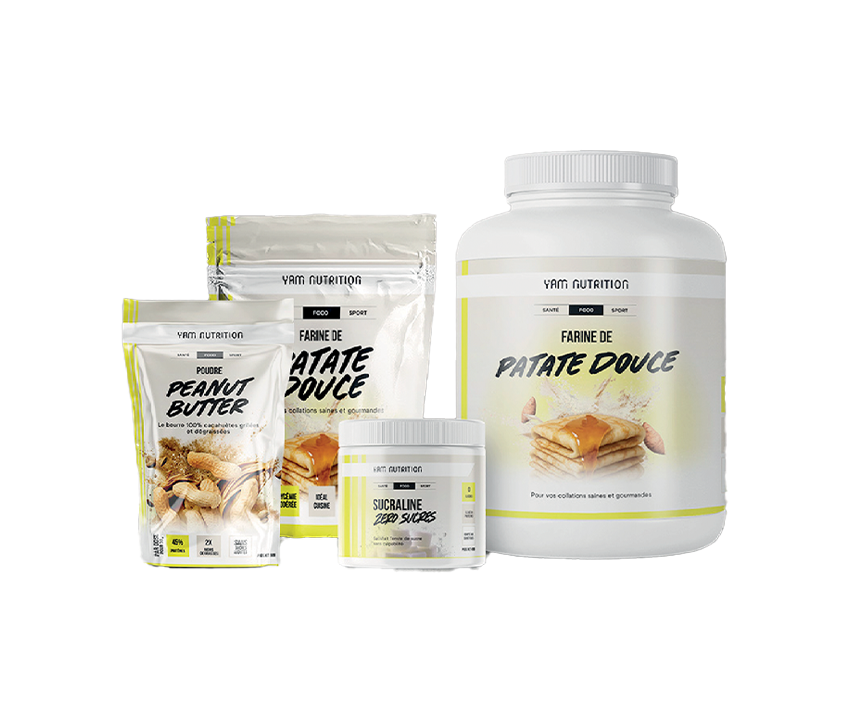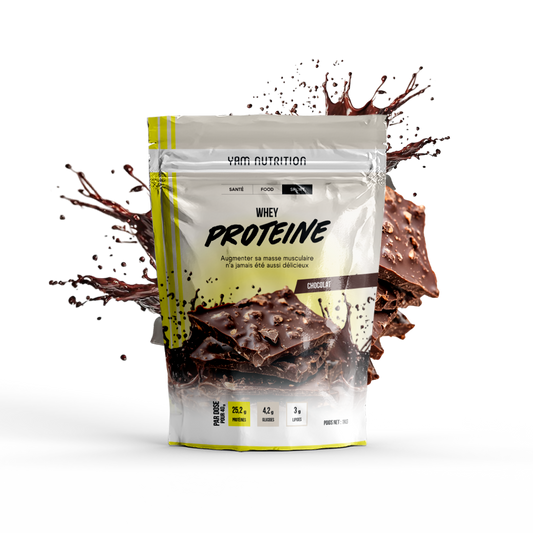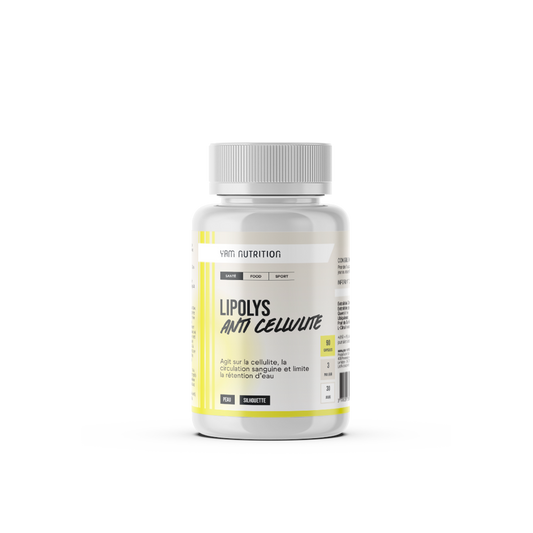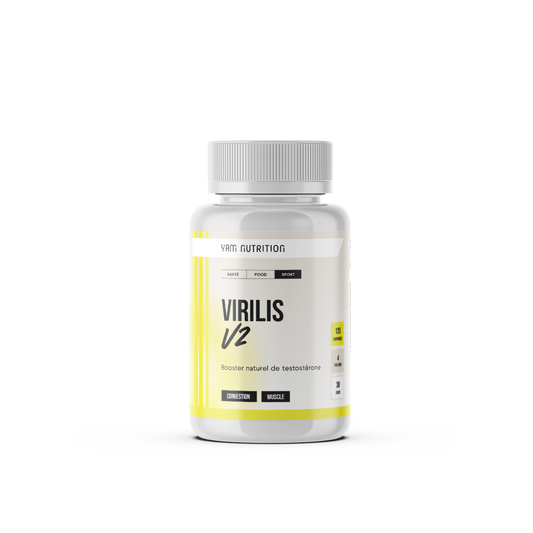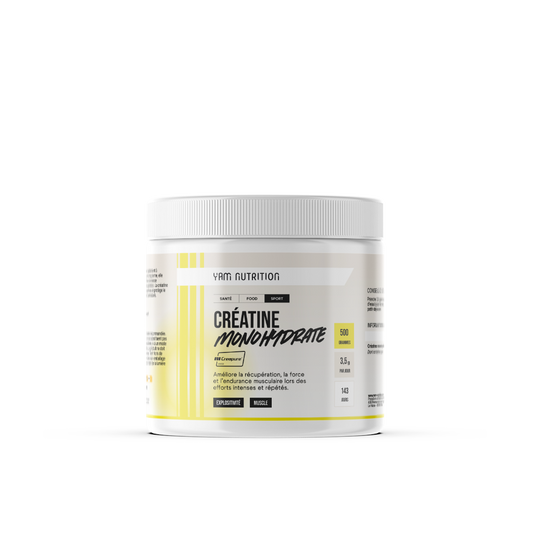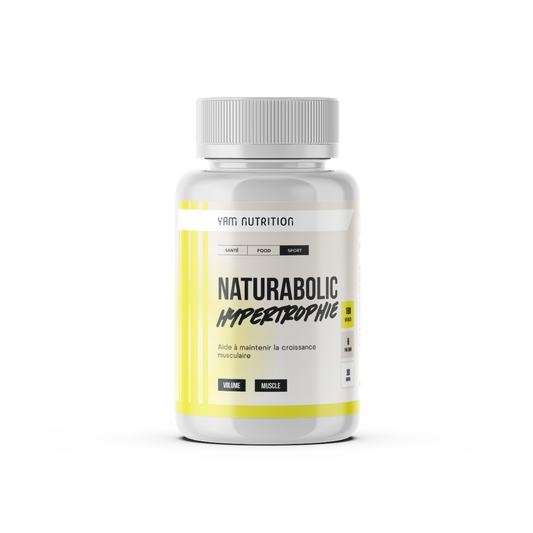Here's why our food supplements do not contain excipients like magnesium stearate or silicon dioxide
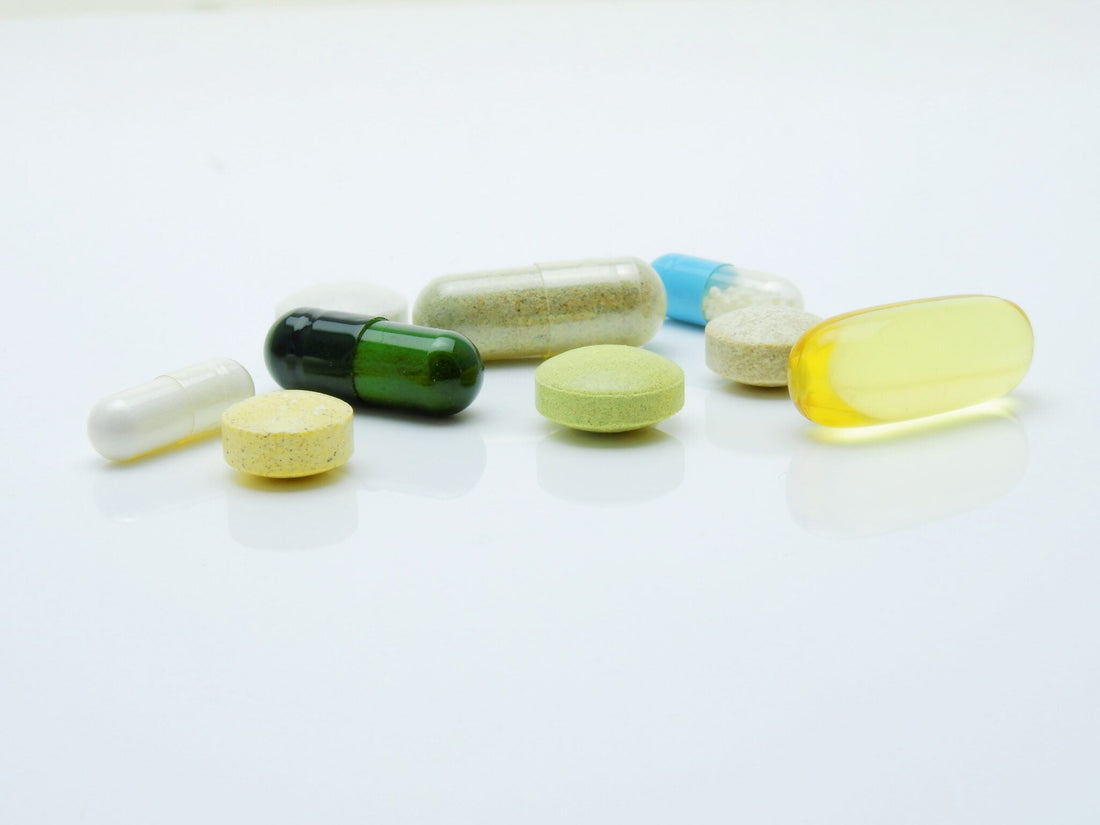
Sommaire
- Today, there is a problem in certifying the safety of excipients and additives in food supplements.
- Magnesium stearate acts as a lubricant that reduces the risk of encapsulation machinery seizing.
- Titanium dioxide, a controversial and potentially dangerous excipient, will finally be banned in 2020
- ANSES had already issued an opinion on the health risks associated with titanium dioxide in 2017.
- Magnesium stearate and silicon dioxide are not found in our food supplements.
The emergence of the first dietary supplements dates back to the 1930s and 1940s, when advances in chemistry and the food industry made it possible to obtain significant concentrations of micronutrients. All that was then needed was to include them in a capsule or gel cap. It was in the USA that the first brands, such as Solgar Or Now Foods marketed the first supplements in the 1940s. Since then, the industry has evolved considerably, making it possible to obtain certain products rich in micronutrients when it was not possible to manufacture them previously. This is particularly the case for trace elements and other molecules present in small quantities such as vitamins and minerals .
Let us add that progress in scientific research has also made it possible to obtain artificial molecules, particularly for vitamins and other substances, in parallel with the rise of pharmacy. The costs are lower for artificial molecules but the nutritional quality is most often lower. Let us also say that certain molecules known for a long time, such as creatine for example, were not commercialized on a large scale until the 1990s. The manufacturing quality of creatine monohydrate initially mediocre, then fortunately evolved towards a much higher purity. The industrial evolution of macronutrient filtration then allowed us to obtain the protein powders that we know.
Building muscle mass has never been so delicious The natural testosterone booster Improves strength, power and muscular endurance during intense and repeated efforts
Whey Protein
Sale price
From 37,90 €
Virilis V2
29,90 €
Sale price
29,90 €
Creatine Monohydrate Creapure®
Sale price
34,90 €
Today, there is a problem in certifying the safety of excipients and additives in food supplements.
When trying to offer dietary supplements of acceptable quality, several issues arise, firstly regarding the durability and preservation of the product, and secondly, the technical feasibility of this same supplement. This feasibility is based in part on the ability of capsule machines to use a powder that does not stick in the piping, thus making it possible to encapsulate or create dense and compact capsules ready for consumption. To achieve this result, the famous magnesium stearate is widely used in manufacturers' laboratories. It is, in a way, a form of effective and inexpensive lubricant. A fatty acid Saturated, stearic acid, is bound to magnesium, which gives us magnesium stearate. It should also be noted that stearic acid comes mainly from the industrial distillation of palm oil, which is also not a criterion for food confidence. This magnesium stearate is therefore added to nutrients in order to make the capsule (or gel cap) more fluid by avoiding the effect of settling and clogging of the pipes. However, when it comes to the potentially harmful effects on health of magnesium stearate, we have no scientifically established certainty on this molecule.
Magnesium stearate acts as a lubricant that reduces the risk of encapsulation machinery seizing.
Indeed, magnesium stearate is completely indigestible by the body. It therefore has no nutritional benefits. Furthermore, the potential side effects associated with this inadequate form of the mineral are not well understood by scientific research. Cases of digestive disorders have already been reported, but no data currently exist on the long-term effects of magnesium stearate. Even more worryingly, manufacturers are not required to indicate the quantity of additives contained in their preparations.
So, a priori, the law doesn't protect you from a health perspective, which isn't reassuring. And as if to confuse the issue even more, magnesium stearate is also known as E572, magnesium salt of fatty acid or "stearic acid" + magnesium in English. Scientifically, nothing is clear or guarantees that magnesium stearate is harmless to your health. Be wary of this type of "magnesium" which isn't really one. However, titanium dioxide is certainly even more worrying...
Titanium dioxide, a controversial and potentially dangerous excipient, will finally be banned in 2020
Even though titanium dioxide (E171) is now definitively banned, it should also be remembered that it was the most widely used excipient in the food, cosmetics and dietary supplement industries for many years. Titanium dioxide poses many health problems that have now been demonstrated, particularly due to the size of the particles it is composed of. These are micro-particles and nano-particles whose size allows them to be found in all tissues. Titanium dioxide nano-particles also easily cross the blood-brain barrier, which could pose serious problems for the health of the nervous system and the brain in particular. Therefore, it is no longer acceptable to find them in food supplements or other products closely or loosely related to food.
ANSES had already issued an opinion on the health risks associated with titanium dioxide in 2017.
In addition, the titanium dioxide is now classified in the list of probable carcinogenic components (IARC). In fact, this bad story has already been going on for several years. An official health organization, ANSES, had already issued an opinion on the presence of titanium dioxide nanoparticles in food in 2017. ANSES then published a new opinion in 2019 on the health risks linked to this additive. At the cellular level, these nanoparticles have a particularly harmful oxidative effect, at the level of DNA itself and its repair. In addition, titanium dioxide is all the more dangerous because its particles are extremely small. This is especially true for nanometer-sized particles, as we have said. Another aggravating risk factor is also linked to intestinal hyperpermeability, a health problem that has become very common in our time. It was therefore a question of banning it, which will finally be enacted in 2020.
Magnesium stearate and silicon dioxide are not found in our food supplements
Today, titanium dioxide is fortunately banned. However, other additives could be potentially harmful, especially since we don't have any serious scientific data on their medium- and long-term effects. In this regard, we obviously think of the risk of cancer, but there are many other diseases (intestinal, hepatic, renal, etc.) involved in the problem of nanoparticles. Many associations, doctors, and researchers will tell you about them in a comprehensive and scientifically justified manner.
At YAM Nutrition, we systematically refuse these types of additives and excipients that have no place in the food supplements we offer you. We are convinced that nutritional supplements must contribute to your health and not compromise it, to stimulate physical and athletic performance but not at the cost of your health. To this end, we ensure that our nutritional supplements provide you with the best that nutrition can offer you, whether it is sweet potato flour or Virilis V2 .
Once again, we thank you for your trust in YAM Nutrition.
Eric MALLET
Spécialiste en Nutrition Sportive
